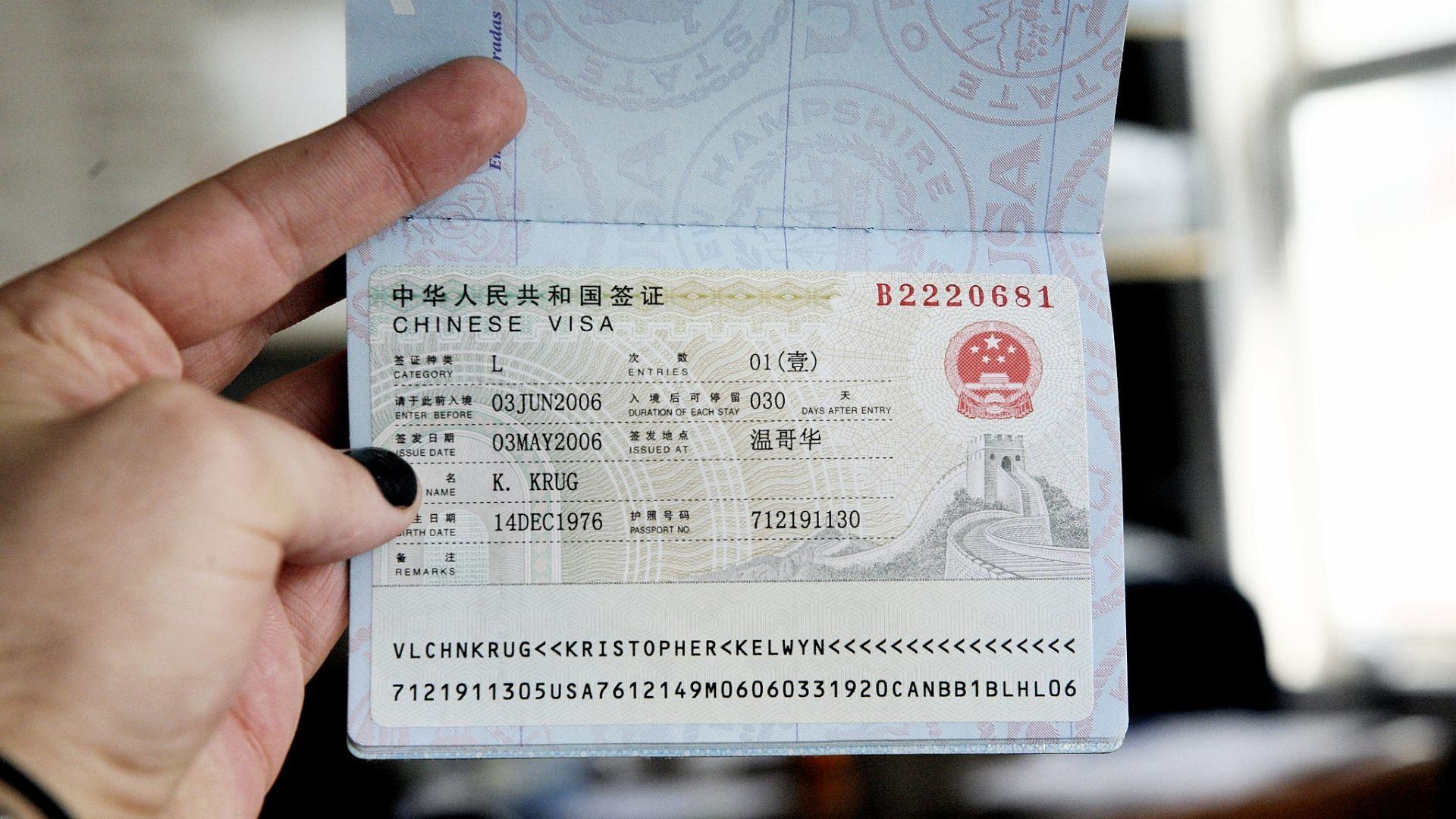



 ${ lang === 'zh' ? '中文': 'ENG' }
${ lang === 'zh' ? '中文': 'ENG' }




 ${ lang === 'zh' ? '中文': 'ENG' }
${ lang === 'zh' ? '中文': 'ENG' }
 ${formatTime('2025-04-07 11:16:13', 2)} ${formatTime('2025-04-07 11:16:13', 3)}, ${formatTime('2025-04-07 11:16:13', 1)}
${formatTime('2025-04-07 11:16:13', 2)} ${formatTime('2025-04-07 11:16:13', 3)}, ${formatTime('2025-04-07 11:16:13', 1)}

Source: https://www.travelandleisureasia.com/global/travel-tips/trip-planning/how-to-apply-visa-for-china/
China is a popular destination for people worldwide, whether for work, study, or tourism. However, obtaining the correct visa is essential to ensuring a smooth entry and stay. Understanding the different types of visas available will help applicants avoid delays or complications. This article outlines the main visa types for China and offers guidance on selecting the right one based on your purpose of visit.
Ensure your passport has at least six months of validity remaining.
Have a clear travel itinerary and proof of funds to support your stay.
Apply at least a month before your planned departure to avoid delays.
The Z visa is required for foreigners intending to work in China. To obtain it, applicants must first secure a job offer from a Chinese employer who will provide a work permit issued by the Chinese authorities. After arrival, the Z visa must be converted into a residence permit.
A valid job offer and work permit.
A medical examination report.
Proof of relevant qualifications and experience.
Verify that your employer is authorized to hire foreign workers.
Ensure you obtain all necessary approvals before
traveling to China.
Complete the residence permit registration within 30 days of arrival.
Students enrolling in academic programs in China must apply for an X visa. There are two types: X1 for long-term study (over 180 days) and X2 for short-term study (less than 180 days). Schools and universities provide an official admission letter and a visa application form (JW202 or JW201).
An official admission notice from a recognized Chinese institution.
A completed visa application form and passport-sized photos.
Proof of financial ability to support studies and stay in China.
Ensure your school provides the necessary documentation on time.
Register with local authorities within 30 days of arrival.
Be aware of visa renewal policies if your study period extends beyond the visa validity.
For those engaging in business-related activities, an M visa is required. This visa is suitable for attending trade fairs, meetings, and negotiations. A formal invitation letter from a Chinese business entity is usually needed.
Ensure your invitation letter includes all necessary details, such as purpose, duration, and host information.
Have supporting documents like business registration details or contracts.
Be prepared for potential interviews at the Chinese consulate.
China also offers other visas, including the Q and S visas for family reunification, the R visa for highly skilled professionals, and the J visa for journalists. Each has specific requirements and application processes.
Choosing the right visa for China depends on your travel purpose. Ensuring all required documents are prepared and meeting application timelines will help avoid delays. Always check with the Chinese embassy or consulate for the most updated regulations and requirements.
Embassy of the People’s Republic of China. (n.d.). Visa Application Guidelines. Retrieved from https://www.china-embassy.org
Ministry of Foreign Affairs of the People’s Republic of China. (n.d.). Entry and Exit Regulations. Retrieved from https://www.fmprc.gov.cn